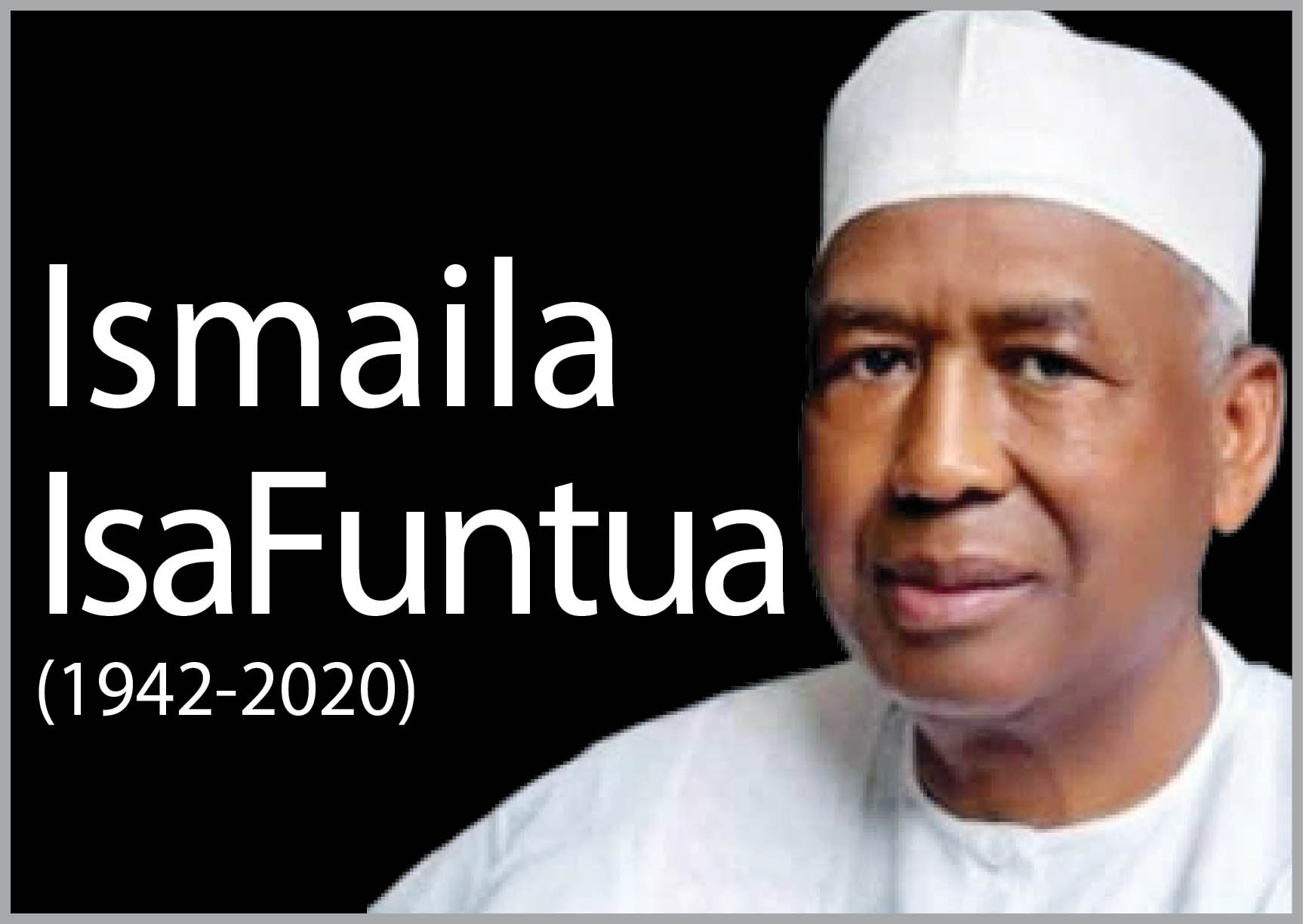A few weeks ago, I was making his office at our new site and it was taking longer than expected, partly because he told me that as eager as he was to have his office at the new site, the project consultants’ offices, nay our resident staff offices were more important than his.
Oddly, it was Mr. Mitko (GM, Bulet) who was urging me to press the burners, because at the other end, the same “chairman” was characteristically reminding him of our failure to finish his office.
He would say, “The first architect of Bulet (as chairman was sometimes referred to) has said we have failed to deliver his office.
The office in question was an old bare-floored portacabin that smelled like the new painting it just had, which needed a simple desk and a chair, as per his words. But I had secretly vowed to do more than just that.
I had said to myself; the office must look like a chairman’s office; my chairman, the chairman.
By the July 17, 2020, on a Friday, I was done with the office.
I sat down on his chair, alone and looked across, imitating how he would look at visitors and imagining him having meetings with all the people that were always coming to meet with him. All kinds of people; relatives, businessmen and women, politicians, clergy.
Some weeks ago, on a Sunday, when he visited, he drove his old, grey Lexus sedan as usual, with someone on the passenger seat.
But when they alighted, it was not the usual Mal. Usman, his driver-became-friend, but Mallam Nuhu Ribadu – one of the few technocrats-cum politicians I admire.
They started their discussion from home and came to the site together. Behind them was Ribadu’s car, driven by his driver, with Mallam Usman on the passenger seat.
The office was not ready then, so they stood in the late afternoon sun for some time, discussing, before Mallam Ribadu, in his usual gentle demeanor, waved farewell to us and left.
I looked at his car until its red light had disappeared. What a gentleman! I thought.
Exactly a month ago, my boss and mentor, Mal. Lawal Isa Funtua (Executive Director, Bulet) gave me a Title Deed Plan (TDP) for a plot of land.
It was from my father and he wanted me to make a proposal for it. But a month before then, we had a lengthy discourse of all the possibilities for the said piece of land with chairman.
He asked what I could do with it in my capacity as a property developer, and I laughed and remarked that it was a little too big for my immediate plans. He mocked me with a sarcastic “a little?” and we both laughed.
I said I would, he divided it into four units and said, “I will see how I can develop one.” He smiled and told me he had his plans already, explaining that we would divide the land into two: one to build a medical city, realising the latent urgency and poignancy of it due to the current realities that have come with COVID-19, and the other part for a residential dwelling for its staff.
Half of the whole would be an orthopaedic hospital, he stressed, promising to employ highly trained professionals to (wo)man it. Most importantly, he revealed it would be a charitable organisation.
I was almost speechless, not because I was not aware of how his everyday life had become a charity act, like the hundreds of thousands of people he had fed every year, especially during the Holy Month of Ramadan, unfailingly, but because of the nature and size of the project and the sweeping impact it would make on the society.
I assured him that it was the most altruistic thing to do, and prayed for Allah, the Almighty, to continue rewarding his charitable acts and grant him the strength to continue doing even more.
I said I was in agreement and could not wait to come up with the design proposals. He reasoned that since this possibility would probably take years, I should, when I left him, go to one of his vacant properties in Maitama and conduct a preliminary assessment of how we could begin with the hospital there before the proposed medical city came to reality.
When I stood to leave, he reminded me that we would probably require elevators since it was a hospital, where some people would require assistance with mobility. I agreed once again, astounded by how acute his mental cognition was, even at his age.
Heartbreak: 07:45pm, Monday, July 20, 2020. I had just sat down in my living room back home and was about to eat, very exhausted from the day’s activities.
My phone rang, it was my older brother, Kabir, calling, asking with a sense of urgency, how substantial the news of Alh. Samaila’s passing away was. “What kind of preposterous lie is that?,” I had retorted.
“He was hale and hearty days ago when I saw him, how can he be dead?” I told him.
Nevertheless, I called his phone to confirm, since I had not seen him in a couple of days. I was even apprehensive and thought I was going to call “trouble” for myself, because I had a few of his unfinished tasks pending; and the one I had had no answer to, for a while, was the one for his “new” house.
Clairvoyance: The new house matter did not start from there; it was an old house in one of the oldest districts of the city which some expatriates had leased for a while before they vacated in 2018.
He wanted to move in there from the small old one he lived in another old part of the town where he argued he connected more with people due to its planning and location.
But we had challenges; his neighbour had recently built a multi-storey office building beside the house, in an exclusively residential area, and thus, had stripped chairman’s own of any scintilla of privacy.
So, he tasked me again and again to solve that problem of privacy.
I had thought for several weeks and had wryly answered with a non sequitur – that our only solution was to assume an office building was not there. But the truth was, we just could not.
It would not be proper to live with your family in a home superintended by an obscure office building complex.
My final solution was to build another “retirement” house in another residential district where he had an undeveloped plot of land. But he answered meekly, “Bashir, but how long do I have to live to start building a new house?
I might probably be gone before you complete it”. And how right was he! Inna- lillahi- wa-inna- ilaihir-rajiun.
Grief, you never get used to it. You never get acquainted with it. It creeps on you, gently, yet suddenly like a thief in the dead of the night, taking you by the jugular and hanging you openly on the naked walls of reality, leaving you with hopes and wishes and the unrelentless trauma of loss and emptiness.
I wish you had picked up that phone and chided me for not completing the tasks you assigned to me.
I wish you had picked up to tell me to come and meet you instead of calling you on the phone – “as if we’re not in the same town.”
Even though wishes are not horses, I will take my solace from the fact that, you, like my first father, your eternal bosom friend, Alh.
Garba Ibrahim, are re-united in a far better place, in sha Allah. Far better than all the grief-stricken reality you have left us in. Without your warmth, without your guidance. Without your love.
Truly, death is a certainty, a shocking inevitability. But when it comes the way it did to you– with no signs, with no warnings– we grieve as if we never believed you would be gone one day – like every one of us – not because we did not believe, no, but because we were intentionally adamant to believe.
Indeed, I have become an orphan. For the second time. Inna-lillahi-wa-inna-ilaihir-rajiun.
Adieu, my one and only chairman.
Arc. Bashar Garba Ibrahim is the Principal Resident Architect at Bulet Int. Nig. Ltd.

 Join Daily Trust WhatsApp Community For Quick Access To News and Happenings Around You.
Join Daily Trust WhatsApp Community For Quick Access To News and Happenings Around You.


